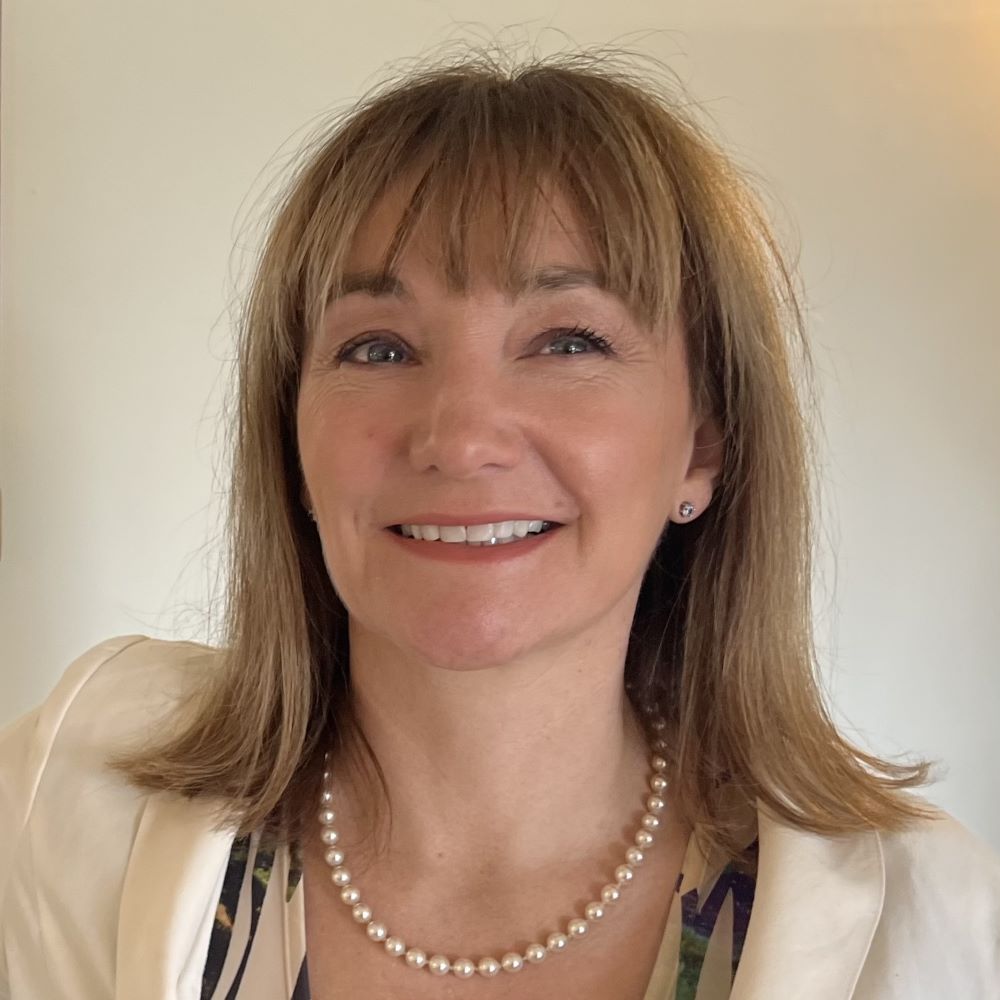Nuclear medicine
Using small amounts of radioactive material (isotopes) to produce images of the inside of your body.
What is nuclear medicine?
Nuclear medicine is used for many types of cancers, heart disease, as well as gastrointestinal, endocrine or neurological disorders.
Nuclear medicine exams can be used to identify disease in its earliest stages. They can also be used to show whether you are responding to treatment.
Depending on the area of your body that needs to be examined, an isotope may be injected, swallowed, inhaled or given as eye drops.
A gamma camera picks up the radiation coming from your body, and creates an image which shows areas that are not functioning properly.
The nuclear medicine department at Cromwell Hospital is ISO 9001:2015 accredited, which means we consistently provide high-quality services that meet customer and regulatory standards.
The radioactive isotope (radiotracer) accumulates in areas where there is a high level of chemical or metabolic activity – these are called ‘hot spots’.
Hot spots can be used to identify uncontrolled over-production of cells caused by cancer.
If there is reduced activity in areas of your body, there will be lower amounts of radiotracer.
These ‘cold spots’ can be used to identify organs, glands or other parts of your body that are not functioning properly.
Diagnostic tests we provide
We offer a wide range of nuclear medicine examinations, including these scans:
- Bone scans
- Gastric emptying study
- GI (gastrointestinal) bleed scan
- HIDA (hepatobiliary iminodiacetic acid) scan
- Indirect cystogram
- I-123 DaTscan for Parkinson’s disease
- Lacrimal scintigraphy
- Lung VQ (ventilation perfusion) scan
- Lymphoscintigraphy
- Meckel's scan for Meckel's diverticulum
- Myocardial perfusion scan
- Parathyroid SPECT/CT scan
- Renal DMSA scan
- Renal MAG3 renogram
- SeHCAT scan for bile malabsorption
- Sentinel node imaging
- Thyroid scan.
In addition, our physics and radiotherapy team can provide I-131 Ablation, Lutetium-177 PSMA, Lu-177 Lutathera, and selective internal radiation therapy (SIRT).
Why choose us for nuclear medicine?
ISO 9001:2015 accreditation
In September 2023, the Nuclear Medicine team successfully renewed their ISO 9001:2015 accreditation.
Multidisciplinary team
Our nuclear medicine team works with other multidisciplinary teams throughout the hospital.
GenesisCare
Our partnership with GenesisCare gives patients access to the latest cancer diagnostics and treatment.
Complex care
Our highly experienced team are fully equipped to provide care for severe and complex patient cases.
Convenient location
Our west London hospital is easily accessible by tube, train or private transport.
Private nuclear medicine consultants in London
Paying for your treatment
We welcome both self-paying and insured patients.
Self-pay patients
We offer several ways for patients to self-pay, including pay-as-you-go and self-pay packages.
Insured patients
At Cromwell Hospital, we accept private health insurance from most major providers, including AXA, Aviva, Bupa, and Vitality.
Our locations

Contact us today
To book an appointment, please use one of the options below.
Please note - regrettably we are unable to answer specific medical questions or offer medical advice via email or telephone.


